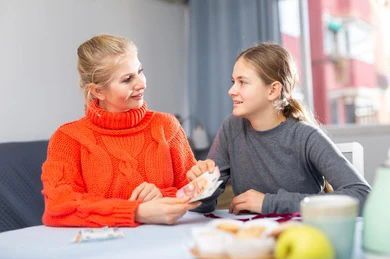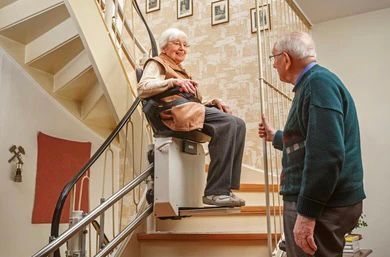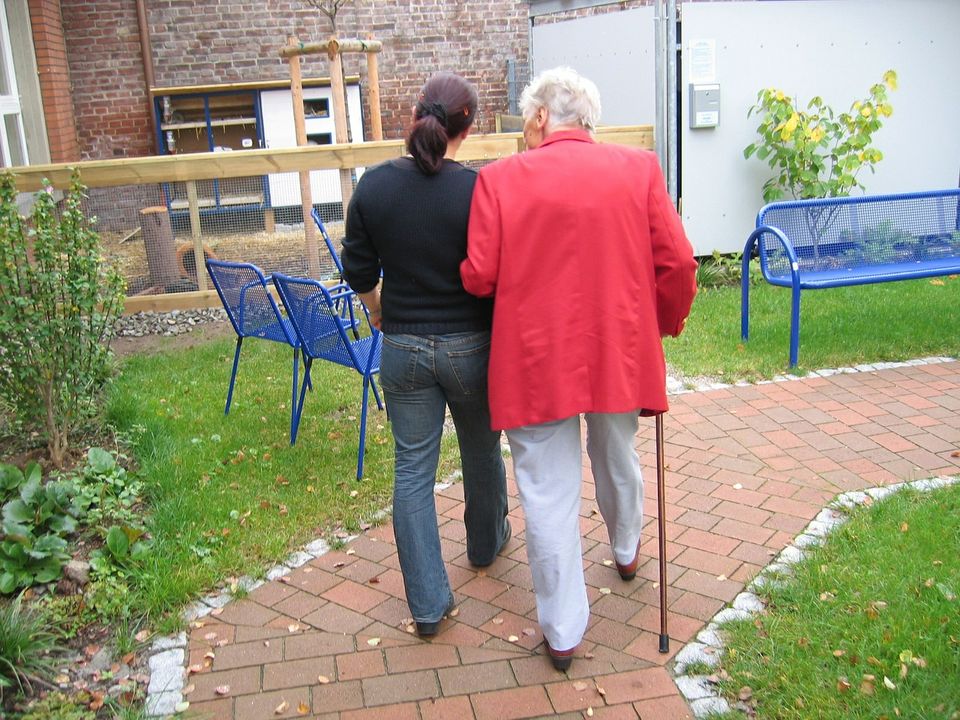How can personal care assistants and carers work together to deliver the best care to the person they are looking after?

As a personal care assistant (Private PA) you want to ensure that you provide the care that a person needs so that they are comfortable and safe in their own home. Of course, their carer, who may be a family member or close friend, wants the same thing too. So, how can a carer and a PA work together to ensure that a person is safe and comfortable at home? Well, this can be a tricky situation. Still, hopefully, the tips below can help carers and personal care assistants work together to create a happy environment for the person that needs it most.
Working together
When Private PAs and carers have to work alongside each other, it may feel unnatural and not an easy thing to do. As I am sure you are aware, carers will know their loved one a lot better than a PA. In fact, that can be the basis of many conflicts between carers and care professionals. The fact is, many carers are so worried about their loved ones that a "stranger" coming into the home to take care of them can be a bitter pill to swallow. This brings us on to the first point.
Conversation
Communication between carers and personal care assistants is vital. A carer needs to know that a PA has their loved one's best interests at heart. Sure, that PA may not be part of your family but that doesn't mean that your loved one isn't important to them. A conversation between the carer and the PA can put any doubts in the carer's mind at ease straight away. By letting the carer know that they have every interest in helping their loved one as much as they can, a PA can help the situation greatly.
Learn about the person, such as their likes and dislikes, the books they have read, their job, and their family life. Use all of these things to start conversations with the person who needs care and in-turn it will put them at ease, but also their loved ones who are caring for them too.
Regular updates
When a PA is getting along with the person you are looking after, they may well want to spend more time with that person, but the reality of the care business is that this is not always feasible and time together can be restricted. Therefore, it becomes important for the carer to let the PA know of any updates or changes, and anything new that the person who needs care might be dealing with. That way, when the PA arrives, they can provide the support that person needs.
These updates could be a simple text message from the carer regarding the cleaning that the personal care assistant could do while they are there. It could be a phone call regarding medication. Any information that either party has for the other can greatly help with the care of the person who needs it.
Gaining trust
Something that can be tricky for people needing care is them trusting strangers with their daily needs. Once a personal care assistant has met with the carer, and they have discussed the person's needs, both parties must sit down with the person that needs care. This way, the carer can introduce the PA to their loved one and ensure the first meeting goes smoothly. This meeting can be as simple as a nice chat over a cup of tea, but it means a great deal to everyone and will make caring for the person so much easier from the get-go.
Developing a relationship
Building relationships with carers and the person needing care is of vital importance for successful care to be carried out. Carers and PAs should have mutual respect for one another, with the PA having empathy for the person who needs care. A good relationship with the person needing care is of the utmost importance too, of course, having healthy relationships with everyone involved in a caring situation can make it much easier to have a PA come into their personal homes.
If you're a personal care assistant, just remember that the carer is probably very worried about their loved one. Having you there can be scary, to begin with, but reinforce that you are there to help them with their loved one. Much of the time, carers can be a similar age to the person needing care and the care the person needs can put a lot of strain on that person. So, let them know you are there to help in every way possible and that they do not need to do this alone. Some carers can be tough cookies – maybe because circumstances mean they have to be that way when caring for and ‘protecting’ a loved one – but showing them that you care for their loved one, as well, can really make a difference and build a strong relationship with them and the person that needs care.
In summary
We think the most important thing for carers and PAs to take away from this article is the importance of communication. From the start of this working relationship, conversation is key to ensuring the health, safety, and comfort of the person needing care. So, carers and personal care assistants need to talk. You are both there to make that person as comfortable and safe in their home as possible. You're on the same side. By working together and learning from each other, the person that needs the care will be a lot better off.
We hope that this article has helped some personal care assistants and carers understand the importance of conversation and communication. Please work together, get to know one another, and form a strong working relationship. It is in the best interest of the person who needs care and can make a huge difference to their lives.
Please explore the UKCIL website and our blog for further tips on caring.




